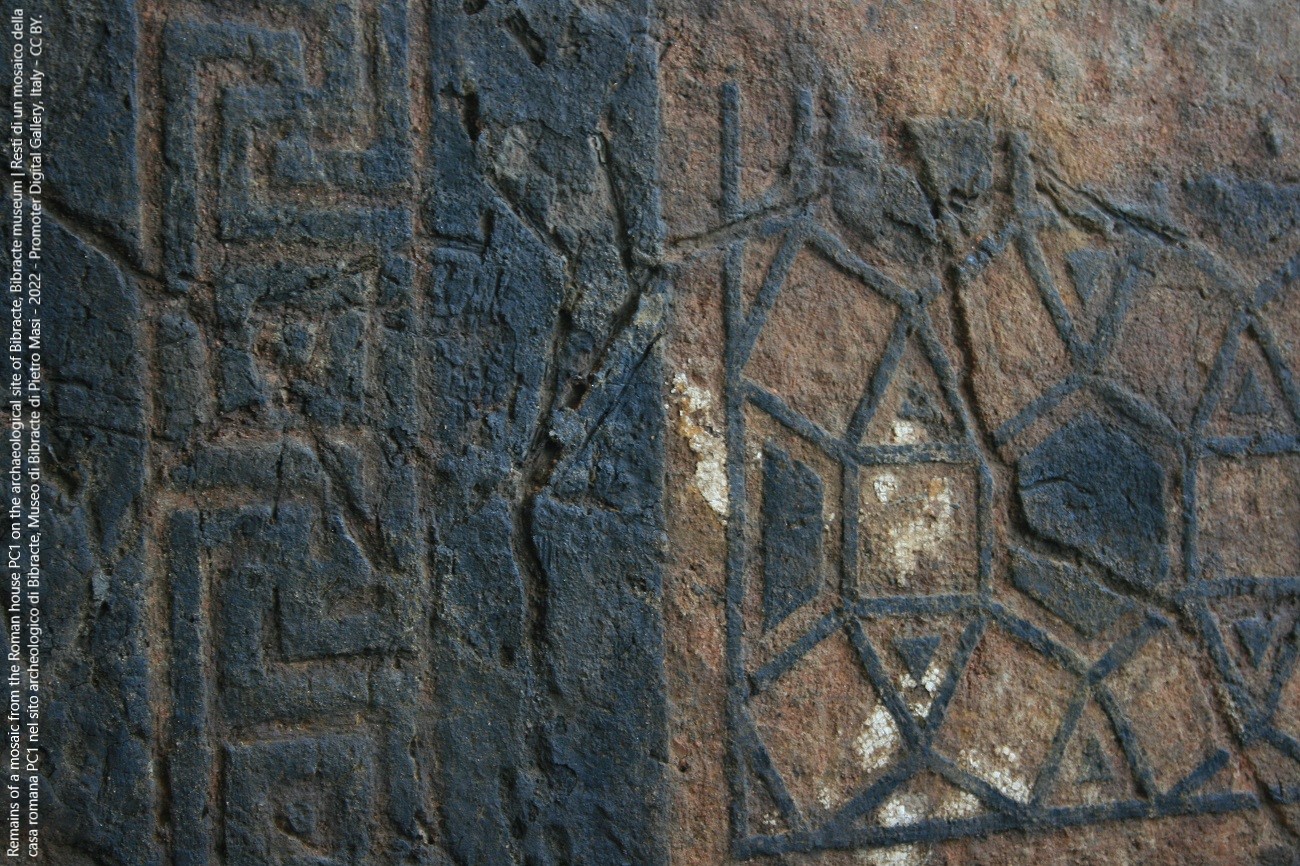The Game of Perception. Italian Colonialism and Post-colonial Art Practices: Two Cases in Comparison
DOI:
https://doi.org/10.6092/issn.2035-7141/18979Keywords:
Memories, Identity, Visual Art, Italian Colonialism, Counter-narrativesAbstract
Starting from the relationship between art and memory, the study looks into visual art practices that work on memories of Italian colonialism. It will examine two case studies of the experiences of visual artists who, in recent years, have researched the history and individual and collective memories that link Italy to its former African colonies. The data were sourced through guided discursive interviewing and the observation of the artists' visual productions, the latter understood as counter-narrative devices to propose different perspectives on colonial and post-colonial history. With a critical approach to the colonial question, the article includes two authors of different generations but equally recognised in the national and international cultural scene, Theo Eshetu (1958) and Medhin Paolos (1984), respectively of Ethiopian and Eritrean origin, who have used different visual languages to retrace personal and collective memories that celebrate their identities. Italy's colonial past is a subject that, for various political pretexts and decisions, has never emerged in depth in public debate. Still, its legacies continue to have social repercussions in the present. In a climate of cultural change, motivated by the need of many black artists to speak in the first person about their own identity and cultural history and to avoid only voices from white culture (and skin) to do so, the question from which the research begins is to investigate what role visual art is playing today so that Italian society can know and become aware of its colonial past.
Downloads
Published
How to Cite
Issue
Section
License
Copyright (c) 2023 Francesca Maria Fiorella

This work is licensed under a Creative Commons Attribution-ShareAlike 4.0 International License.





